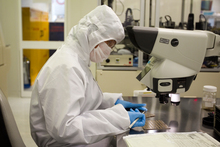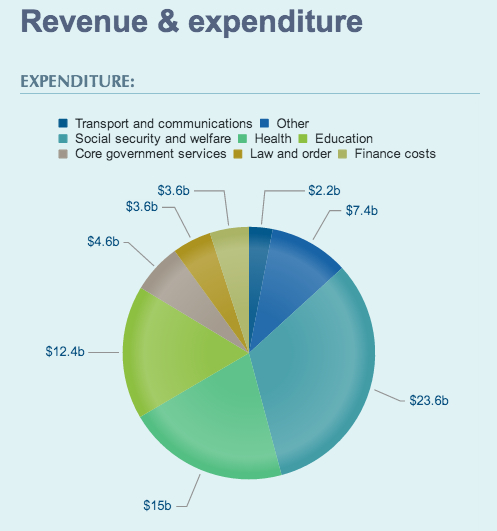May 16, 2013

Businesses and start-ups could be eligible for millions of dollars in extra research and development grants as part of a $130 million package announced in this year’s Budget.
Science and Innovation Minister Steven Joyce said three new research and development grants would replace four existing schemes.
The grants come alongside a proposed tax change which would allow businesses to claim losses on research and development expenditure.
Joyce said $130m would be allocated to Callaghan Innovation, which distributes business research and development grants.
That would bring Callaghan Innovation’s total grants funding to $566m over four years, or $141.5m a year.
Of the new spending, $107m would come from the Government’s internationally focused growth package, announced in today’s Budget, while $23m would be re-prioritised from elsewhere.
Three-year growth grants of up to $5m would be targeted at businesses with substantial investment in research and development.
To be eligible for up to 20 per cent public funding, businesses must invest a minimum of $300,000 a year in research and development in New Zealand.
Businesses must also have spent at least 1.5 per cent of their revenue over the last two years on research.
After two years, businesses can apply for a further three years of funding.
Project grants will be targeted at businesses with smaller research budgets and those which are new to research and development.
The grants would typically provide between 30 to 50 per cent public funding for research, with the grants to be repayable under some circumstances – including if a business shifts its research offshore.
Student grants will be offered to undergraduate and postgraduate students who work with businesses that are active in research and development.
Joyce said business innovation was crucial for New Zealand companies to compete and win in the tough international environment.
“This package will help our businesses invest more in research and development so they can compete more effectively in international markets. Our most successful exporters are generally the most innovative.”
Joyce said the Government was also investing $31.3m over four years to provide repayable funding for start-ups to ready them for investment.
The funding will be matched by private sector incubator funding and expertise.
The grants could also work alongside tax breaks, under a proposal to allow tax losses from research and development expenditure to be refunded to a certain limit.
Revenue Minister Peter Dunne said a public consultation paper on the proposal would be announced next month.
He said small, innovative businesses that invested heavily in research and development were doing the right thing and there should be more of them.
“However, that expenditure can be crippling for small ventures, given their capital constraints.
“With this proposal, we are effectively recognising that and looking to make sure these small companies are not disadvantaged.”

